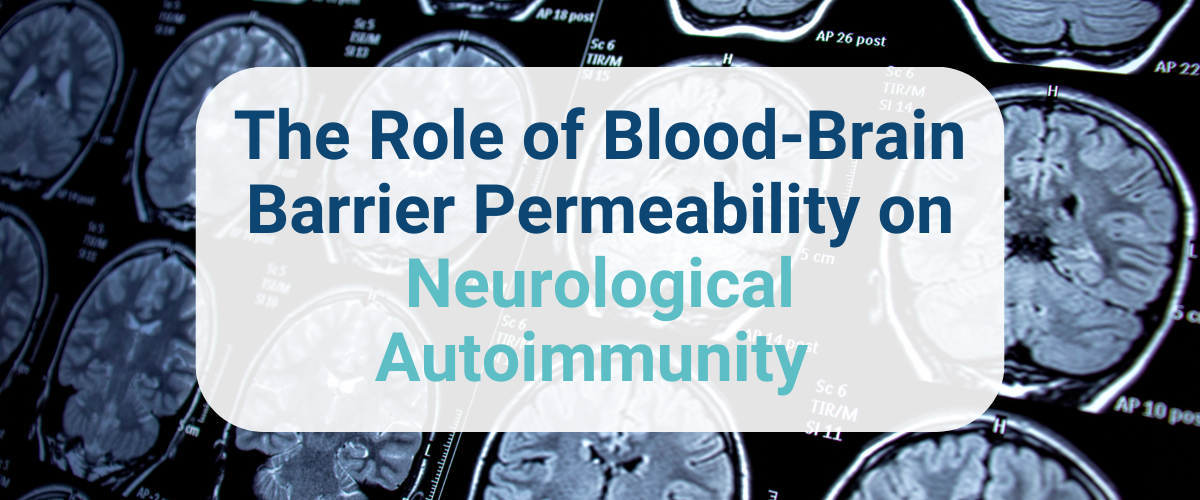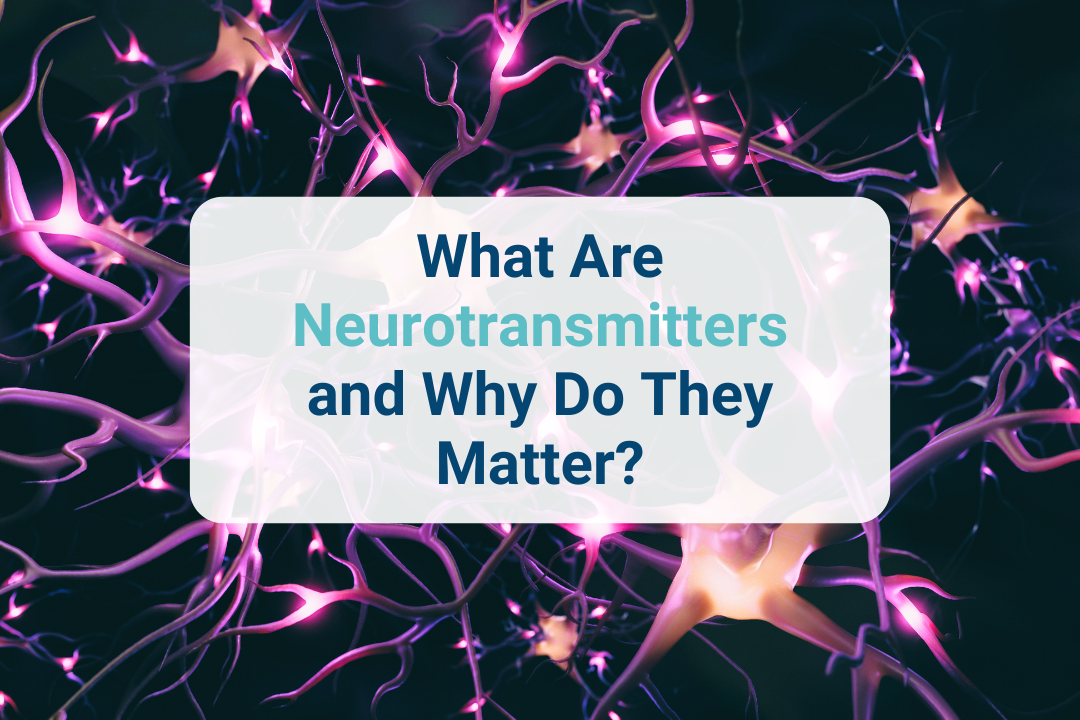Unleashing the Power of Neurogenesis: Boost Brain Health with New Cell Growth
Upon entering adulthood, it may feel like our brains are fully developed.
But the truth is, new neurons are constantly entering our hippocampi through neurogenesis— the process of generating new brain cells. This dynamic process has the field of neuroscience buzzing in light of its potential applications in neurodegenerative disease prevention and early-stage treatment, treatment of psychiatric disorders like depression, and more. Research has shown that the growth of new neurons plays a vital role in cognitive function, memory, mood, and overall brain wellness.
In this article, we’ll explore specific mechanisms that promote neurogenesis and outline actionable steps your patients can take to support new neuron growth. You’ll also find precision testing recommendations to help you uncover your patients’ current state of neurogenesis and overall brain health.
Exercise & Epigenetics

Regular exercise is known for its physical benefits, but did you know it also has a profound effect on brain health? Numerous studies have demonstrated that exercise stimulates neurogenesis in the hippocampus, specifically the dentate gyrus. The hippocampus is the brain region responsible for learning and memory, thus elucidating the role of neurogenesis in these functions.
Exercise provides many cognitive benefits including boosting brain functioning, supporting overall well-being, and counteracting aging. Recent evidence demonstrates that exercise stimulates neurogenesis through epigenetic mechanisms.
Physical activity can also cause significant alterations in gene expression and its protein products in the form of epigenomic manifestations. And because epigenetics influence neural reorganization, including pathways that control brain plasticity, these changes can enhance cognitive function.
Additionally, exercise promotes the production of brain-derived neurotrophic factor (BDNF), a protein that stimulates neurogenesis and supports the survival of new neurons.
To augment your patients’ brain health, encourage them to engage in moderately intense physical activity at least 150 minutes a week and muscle-strengthening activity two or more days a week.
Cognitive Stimulation & Learning
In people, growth through new challenges is also mirrored in the brain. Cognitive stimulation and continuous learning are essential for promoting neurogenesis and maintaining brain health. Engaging in mentally stimulating activities tests the brain and supports the growth of new neurons.
The rate of adult neurogenesis depends on factors like age, exercise, and sexual behavior. But learning and cognitive stimulation are key in not just producing but maintaining new brain cells. Thousands of new neurons are created daily in our hippocampus, but most don’t survive; more than half die within just a few weeks of development.
The life of neurons depends on learning, and when used for this process, the cells interact with and connect to already existing cell networks, intertwining the present with past learning experiences.
Encourage your patients to take on puzzles, reading, learning a new instrument or language, or playing strategy games. These activities activate and strengthen neural connections, fostering the growth and maintenance of new brain cells.
Additionally, patients should explore new environments, acquire new skills, and engage in novel experiences. These endeavors provide unique stimuli for the brain, further supporting neurogenesis.

Nutrition for Neurogenesis
As with the rest of the body, proper nutrition is vital for supporting neurogenesis and overall brain health. Neuroprotective nutrients have the potential to reduce neural inflammation and improve brain plasticity. One way in which they do this is through supporting mitochondrial health, as age-related neurodegeneration has been linked to mitochondrial dysfunction, as well as oxidative stress and poor energy metabolism.
Studies have shown that a variety of vitamins and nutrients, including Coenzyme Q10 (CoQ10), acetyl-L-carnitine (ALC), and resveratrol, can enhance mitochondrial function.
Diets rich in essential nutrients have been linked to reduced risk of many chronic diseases, including neurodegenerative diseases like Alzheimer’s. Additionally, diets high in phytochemicals and antioxidants may be neuroprotective, support cognition, and slow neurodegeneration.
Nutrients also play a major role in reducing inflammation and oxidative stress, which are both linked to age-related cognitive decline.
Advise your patients to consume a nutrient-dense diet rich in antioxidants, omega-3 fatty acids, vitamins, and minerals to stimulate neuron production.
Nutrient-dense diets that have been shown to reduce cognitive decline and risk of dementia include:
- Mediterranean diet
- DASH (Dietary Approaches to Stop Hypertension)
- MIND (Mediterranean-DASH Intervention for Neurodegenerative Delay)
The following foods can provide neuroprotective benefits and support the growth of new neurons:
- Blueberries— Rich in flavonoids which help improve memory
- Salmon— Rich in omega-3 fatty acids, which are linked to neuron growth and differentiation. Omega-3's are also anti-inflammatory and reduce oxidative stress in the brain
- Walnuts— Rich in phytochemicals and polyunsaturated fatty acids which reduce inflammation and oxidative stress, improve inter-neuronal signaling, and increase neurogenesis
- Turmeric— Contains curcumin which reverses the effects of neurotoxicity and supports neurogenesis
- Spinach— Rich in antioxidants like vitamin C and E, phytochemicals like flavonoids, vitamin K, and carotenoids. Spinach has been shown to help prevent age-related cognitive decline
- Avocado— Rich in omega-3 fatty acids, antioxidants, vitamins B6, B9, and K, and lutein. Avocado is associated with anti-inflammatory effects and improved cognition
In addition to poor nutrition, hyperglycemia or hypoglycemia can negatively impact neurogenesis.
Thus, patients looking to support neurogenesis should focus on balanced meals and avoid excessive sugar and processed foods. Nutritional deficiencies, such as a lack of Vitamin A, B, E, or zinc, can impair neurogenesis—recommend appropriate supplementation when necessary.

Precision Testing for Neural Health
To gain deeper insights into your patients' brain health and support their neurogenesis journey, consider advanced precision testing like Vibrant’s Neural Zoomer Plus.
This comprehensive test assesses various markers related to cognitive health, including inflammation, oxidative stress, and autoimmune reactivity. By identifying potential underlying factors that may hinder neurogenesis, you can develop personalized treatment plans to help your patients amplify their cognitive health.
Learn more about the Neural Zoomer Plus and how it can revolutionize patient care.
.png?width=421&height=421&name=Neural%20Zoomer%20Plus%20Box%20(1).png)
Optimize Brain Health
Incorporating strategies that promote new brain cell growth into your practice can profoundly improve your patients’ cognitive function, mood, and overall well-being. And by utilizing precision testing, you can create treatment plans tailored to your patients’ specific needs for the best possible outcomes.
Regulatory Statement:
The general wellness test intended uses relate to sustaining or offering general improvement to functions associated with a general state of health while making reference to diseases or conditions. This test has been laboratory developed and its performance characteristics determined by Vibrant America LLC and Vibrant Genomics, a CLIA-certified and CAP-accredited laboratory performing the test. The lab tests referenced have not been cleared or approved by the U.S. Food and Drug Administration (FDA). Although FDA does not currently clear or approve laboratory-developed tests in the U.S., certification of the laboratory is required under CLIA to ensure the quality and validity of the tests.
 By
By



